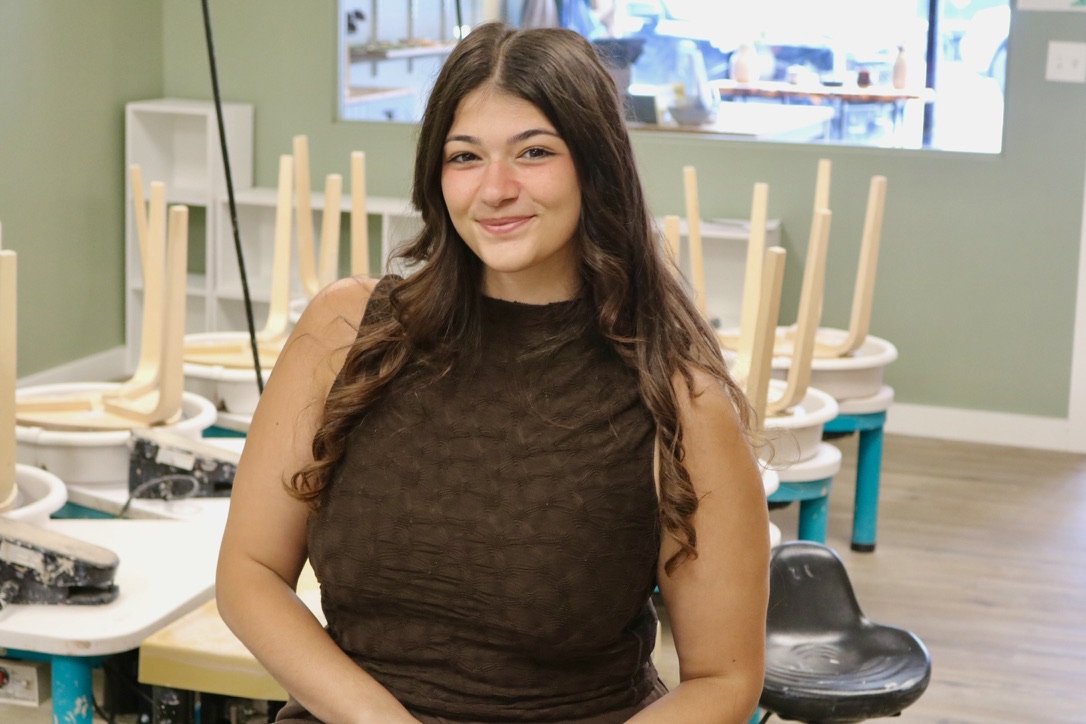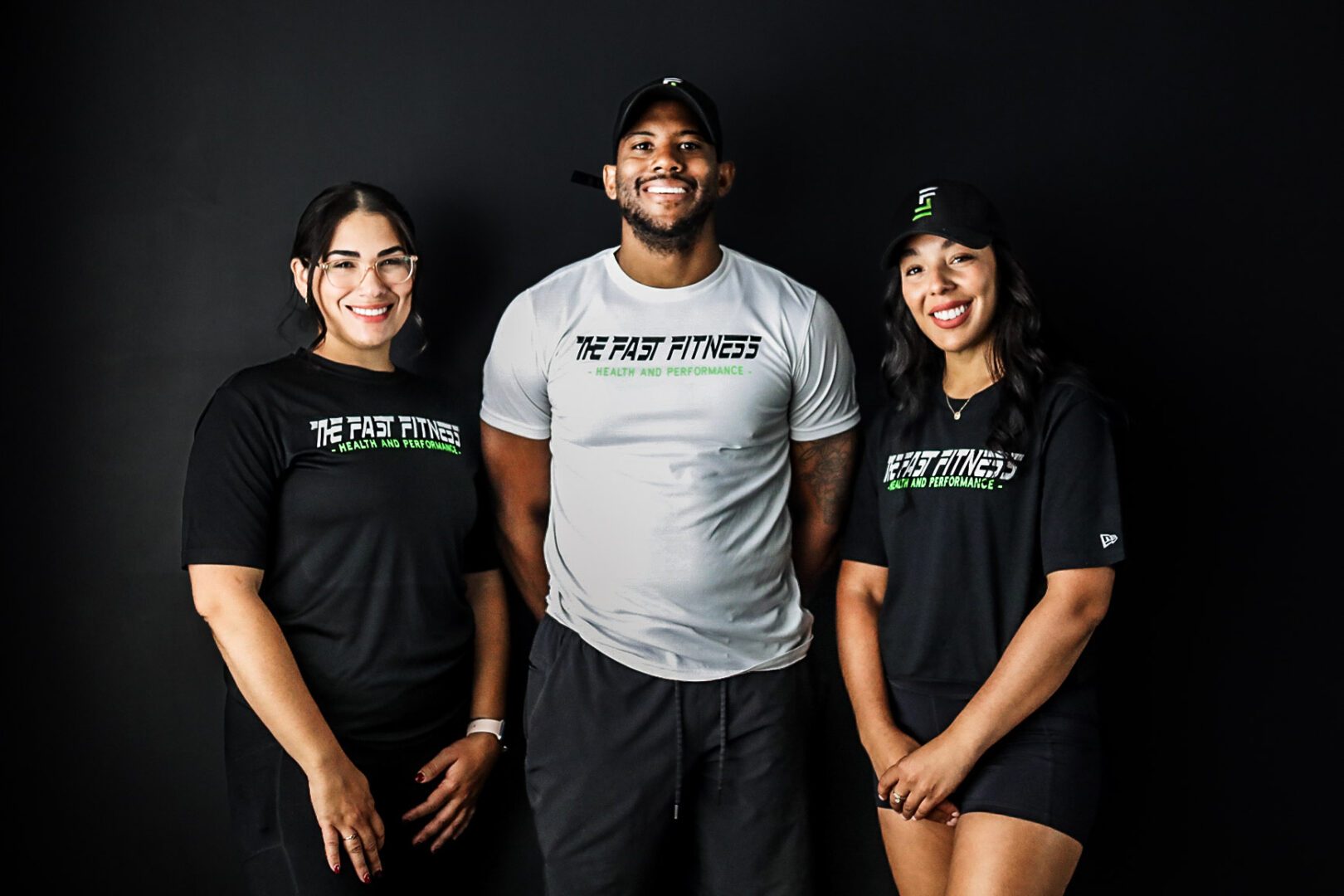We’re excited to introduce you to the always interesting and insightful Timothy Davis. We hope you’ll enjoy our conversation with Timothy below.
Timothy, looking forward to learning from your journey. You’ve got an amazing story and before we dive into that, let’s start with an important building block. Where do you get your work ethic from?
To have any hope in building a sustainable career in entertainment, my best guess is you need four fundamental attributes: talent, skill, persistence and luck. And only two of those attributes — skill and persistence — can I influence through my behavior. I can’t control how much talent I may have or may lack. Luck is certainly outside of my sphere of influence — that’s the purview of fortune, or the universe, or God, or whatever you believe.
Skill and persistence is within my control. Persistence is easy to achieve — simply don’t quit. I developed that skill more in Jiu Jitsu than in my acting or writing — I’ve quit the latter on many occasions in ways small and large before eventually or immediately returning. But Jiu Jitsu taught me that it’s very difficult to beat a person who refuses to quit. And the industry isn’t trying to choke me out — even though it can occasionally feel that way. The industry isn’t trying to beat me up — it’s oblivious to me. So why quit?
And skill is an attribute that can be developed, and improved upon, and refined. I can’t make my face more handsome, or develop a voice that can belt on Broadway — but the skills of acting — script analysis, relaxation, listening with a point of view, emotional facility… these are assets to be developed.
I cannot control how lucky I get. I cannot choose what gifts God gave me. But I can choose to work as hard as I possibly can, and to put in that work every day — to never tap out.

Great, so let’s take a few minutes and cover your story. What should folks know about you and what you do?
I act, and I write. Which historically means I do a lot of auditioning, and I do a lot of pitching. But the industry is going through its fifth consecutive year of contraction and stagnation, and both of those opportunities are getting harder to come by. That goes back to luck — an element I can’t control.
So this year I’m hoping to put together a theatrical stage production of original plays. The idea is to create a live theatrical event that services our communities. We’re currently calling it The Distress Signals Project. which seems unfortunately topical in the wake of the fires and the corruption of our current government that is endeavoring to devastate vulnerable communities. Anyway, the project will present exemplary-quality theatre that partners each production with charitable organizations that service the needs of the communities represented in our stories. It’s something I’ve wanted to do for a long time — theatre should provide some nourishment to its audience, and I’m looking forward to doing that directly.
In the meantime, I’ll continue to audition for acting jobs and pitch writing projects. So at the risk of sounding mercenary or appearing desperate, if somebody wants to put me in a movie or hear about the television series I wanna make, hit ya boy up.

There is so much advice out there about all the different skills and qualities folks need to develop in order to succeed in today’s highly competitive environment and often it can feel overwhelming. So, if we had to break it down to just the three that matter most, which three skills or qualities would you focus on?
The only real attributes an actor needs are curiosity, empathy, and resilience. Be curious about your world, especially the people in it. I define empathy as understanding how people think. I don’t need to “love” my character. Some of the characters I’ve played are bastards and after a rehearsal or a performance I need a shower. I just need to understand how they think, what they feel, what they need. And execute that in the moment. And then go take a shower. And resilience — never cease to be eternally curious, mostly about how other people think and feel.
So get in class. A scene study class that emphasizes script analysis. A keen approach to script analysis improves one’s ability to collaborate with the writer, and ultimately with the director and the other actors and the d.p. and everybody… it’s a business of collaboration. So go get in a community that values your contribution, and in turn, you value theirs.
And make stuff. Write short films, shoot your own reels, produce a small play… the entertainment industry is fueled by creativity. So create. Not to go viral or to get into a festival or whatever. But because we create art and entertainment, and the act of creation requires collaboration. Which makes us a value on set, in the theatre, in the rehearsal hall, in the writers room. Presuming we still have writers rooms.

If you knew you only had a decade of life left, how would you spend that decade?
We are now in year five of our industry being pulverized — by the pandemic, by the studios and networks forcing the unions into labor actions, by gross and holistic mismanagement by executives in the c-suites who fundamentally do not understand or even like our business. It’s wild to me — the entertainment business has always been brutal on the individual. But as an industry, it has been wildly profitable for America for a century. And these guys show up with the algorithms and artificial intelligence plagiarism machines second screen theories of viewership and break the business in five years. For all their rhetoric about industry disruption, what they’ve disrupted is prosperity and creativity. Forgive me if I fail to see the genius in that.
As an individual artist, I’m not always confident as to how I should successfully navigate that landscape, but I am determined to find a way. And I think the way to meet that challenge is to reject the current common consensus of what the c-suites think works, and rely on the wisdom and lessons in the legacies of the brilliant people who built this industry.
There’s a story going around that a writer went in to a studio and pitched their show, and the response from the executive was, “That sounds great, but we’re not buying anything with a point of view right now.” That’s apocryphal and anecdotal, but the business has been so infertile for so long it’s tempting to believe it. And it’s enraging — because any artist knows — THEY PAY US FOR OUR POINT OF VIEW.
The entire reason you like any artist — a writer, a standup comedian, a musician — is you appreciate their point of view. Issa Rae, Greta Gerwig, Jordan Peele… we appreciate how they see the world.
So it’s challenging that one of the fundamental attributes of what we do — having a defined POV — is may not currently be valued by the buyers. But I think we’ll outlast them. We need a Quinta Brunson or a Kaitlin Olsen a lot more than we need a dude reading spreadsheets quantifying the foreign market value of actors. Tech has been ruining movies and television for only half a decade. Artists have been telling stories for thousands of years. So my money’s on us.
Contact Info:
- Website: https://pro.imdb.com/name/nm3175928?rf=cons_nm_meter&ref_=cons_nm_meter
- Instagram: https://www.instagram.com/itstimothydavis/?hl=en
- Youtube: https://www.youtube.com/channel/UCSBeLDTDo9qb5fEm724C9EA
- Other: https://bsky.app/profile/itstimothydavis.bsky.social



Image Credits
Matt Kallish
so if you or someone you know deserves recognition please let us know here.




